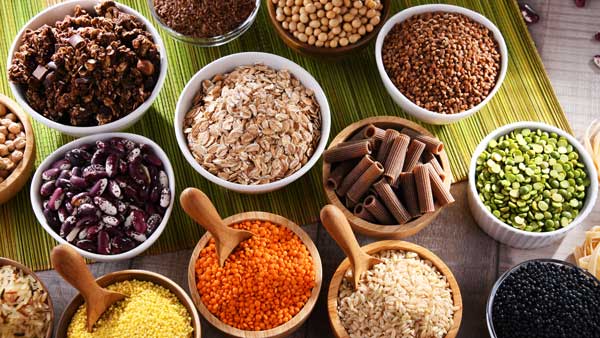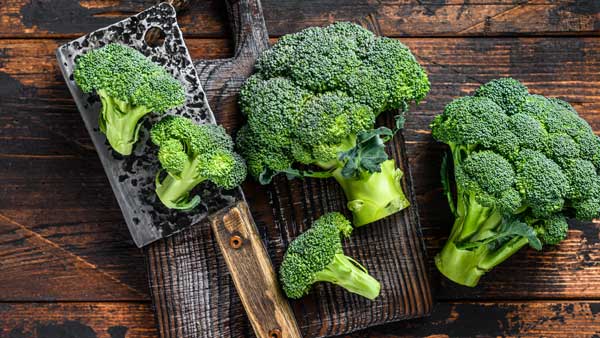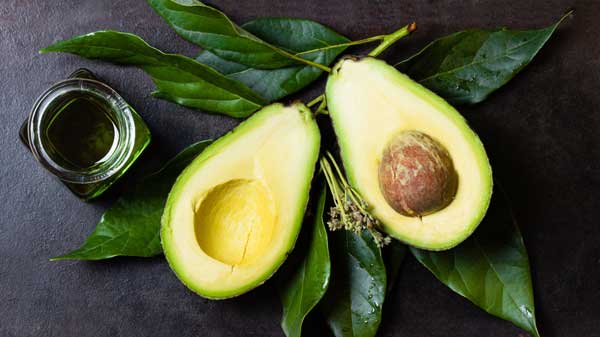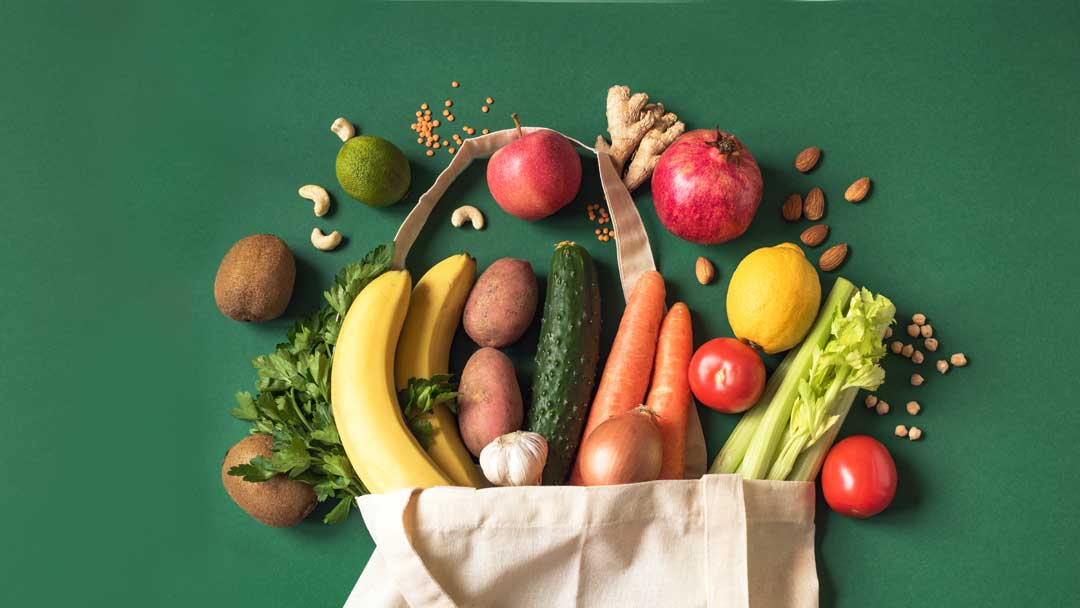As a registered dietitian with TELUS Health MyCare™ I’m often asked about foods that can help prevent type 2 diabetes. This disease strikes when your body can’t make or use enough insulin, which is a hormone that controls the amount of sugar in your blood.
The fact that men do most of the asking comes as no surprise. For one thing, guys are at greater risk of type 2 diabetes than women. For another, about 30 percent of Canadians’ blood sugar levels are above healthy levels due to diabetes or prediabetes. And last but definitely not least, diabetes can cut lives short by an average of anywhere from five to 15 years. If there was ever a question worth asking, this is it!
What foods help prevent type 2 diabetes?
No specific foods help to prevent type 2 diabetes; rather, it is our diet as a whole that can help to do this. People at risk can prevent or delay type 2 diabetes with healthy eating. Being overweight or obese raises the risk of type 2 diabetes, so a healthy diet can help you reach or maintain a healthy weight while also controlling your blood glucose levels.
Fibre

Fibre-rich foods are important for the prevention and management of diabetes. This is because fibre slows digestion and helps your body manage blood sugar properly. As a bonus, eating more fibre can also help to lower your cholesterol levels.
Fibre-rich foods include:
- Whole grains like oats, barley and brown rice
- Seeds and nuts
- Legumes like beans, lentils and chickpeas
Fruits and veggies

Vegetables and fruit are also examples of fibre-rich foods, but they are so good for you that they get their own section. Non-starchy vegetables, like broccoli, peppers, and leafy greens, only have trace amounts of sugar, so you can eat as much as you want. Fruit, like apples, blueberries, and oranges, are some of the best fruit options for reducing your type 2 diabetes risk.
Healthy fats

Another way to help prevent type 2 diabetes is to eat healthy plant-based fats more often than animal fats. Healthy fats help improve insulin sensitivity and reduce diabetes risk. Why is this important? Insulin is a hormone that your body uses to control blood sugar levels. When the foods you eat cause too many blood sugar level spikes over time, this can reduce your body’s ability to produce it, especially for people who are at higher risk for diabetes. Choose olive oil over butter when possible, and include plenty of plant-derived foods like avocados and nuts.
Does sugar cause type 2 diabetes?
There is no single food that causes type 2 diabetes. Maintaining a diet that keeps your body weight in check while controlling your blood sugar levels is how to help with prevention.
Eating too much sugar causes spikes in blood sugar levels that can be hard for our bodies to manage over time. However, sugar isn’t the only cause of blood sugar spikes. Eating highly processed foods, which tend to be full of refined sugar, saturated fat, and unhealthy levels of sodium, can ALL cause blood sugar levels to spike and can contribute to developing type 2 diabetes.
It’s OK to have pop, cookies, ice cream, chips, pastries etc., once in a while, but eating these foods regularly will do a number on your waistline and, in turn, put you at greater risk of developing type 2 diabetes.
The good news is that shedding pounds doesn’t have to mean making drastic changes to your diet. It’s about balance.
Exercise can also reduce your risk
Eating healthier isn’t the only way to reduce risk. Getting more exercise is a fantastic way to help prevent type 2 diabetes because it helps make your body more sensitive to insulin. When cells are insulin resistant, they cannot use insulin effectively, leaving your blood sugar high. Your body being more sensitive to insulin is a good thing!
Exercise is also great for keeping your blood pressure in check. High blood pressure and diabetes combined can significantly increase your risk of heart disease.
Research shows that one of the best things you can do to help your body regulate your blood sugar is to get active for 10 to 15 minutes after a meal. Try going for a brisk walk after dinner or during your lunch hour after you eat.
What are some of your favourite ways to squeeze in 30 minutes of exercise during the day? Share in the comments below.
Are You at Risk?
Learn your risk level for the most common men’s health conditions in 10 minutes with a free, confidential, and personalized report.


I just started checking my Ketone Level. During the last 4 days I have checked it 4 times at different times of the day but every time I got the reading of 0.1
To me it seems to be very low and I want to know :-
1. Why it is so low?
2. How can I raise the Ketone Level.
3. Is there any downside risk of having so low Ketones
Looking forward to hear from you
Thanks.
Raghbir
Hi Raghbir! For specific answers to your questions, it is best to reach out to a dietitian or a doctor so they can customize something for you. It’s challenging to answer a question without knowing your full medical history, activity levels and eating habits.
~Canadian Men’s Health Foundation team member
I really appreciate DCM and this article. I did not know that other types of foods could be linked to Type 2 Diabetes. I always try to avoid sugar but I should be on the lookout for processed foods, etc. Thanks!
You’re welcome! Thanks for the positive feedback, Mike.
~Canadian Men’s Health Foundation team member